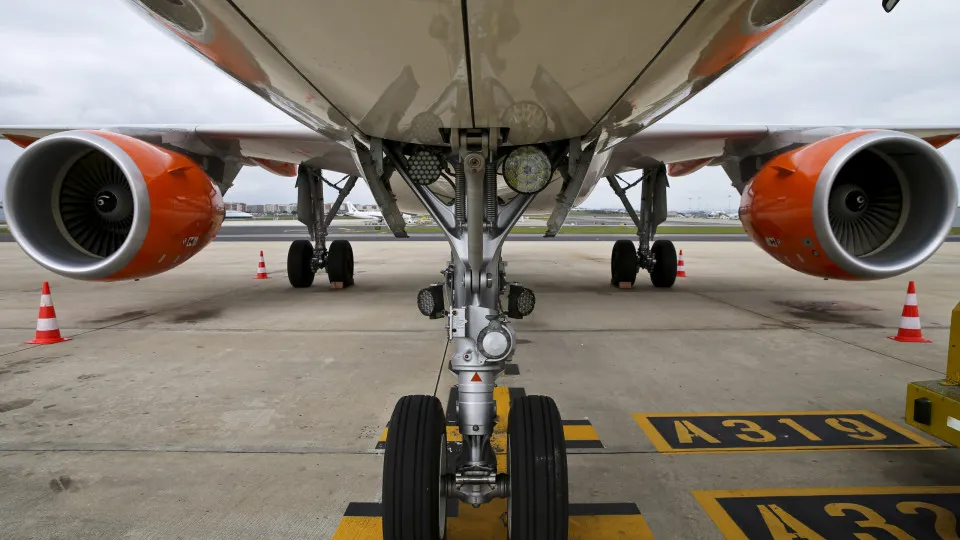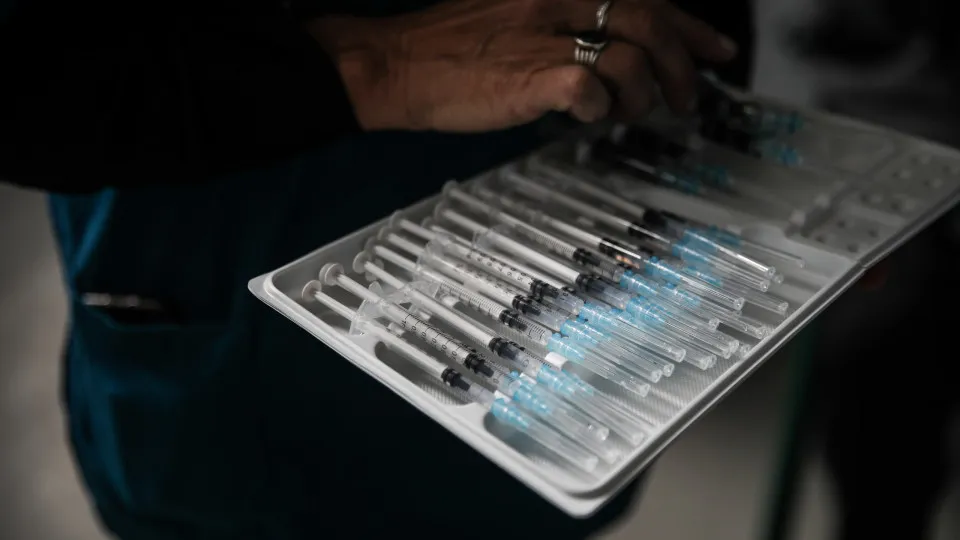
The other concession awarded at the auction held at the São Paulo stock exchange went to the German operator Fraport, which already manages the airports of Porto Alegre and Fortaleza in Brazil.
The auction winners, who obtained the rights to manage the smaller airports for 30 years, committed to investing 700 million reais (approximately 112.9 million euros) in their modernization.
The auction was promoted by the Ministry of Ports and Airports under the AmpliAr Project, aimed at strengthening regional aviation through the expansion and modernization of 100 small airports across the country by granting concessions to private companies.
GRU Airport, controlled by the Brazilian investment group Invepar, won the concessions for the airports of Lençóis, Paulo Afonso, Barreirinhas, Porto Alegre do Norte, Araripina, Garanhuns, Serra Talhada, São Raimundo Nonato, Canoa Quebrada, Cacoal, Vilhena, and Araguaína.
These are small cities with low interest for commercial aviation, although some have regular flights and others have tourist potential, such as Lençóis and Canoa Quebrada, or cargo transport potential.
With no competitors in the bidding for 12 concessions, GRU Airport secured them without offering any discount on the minimum value set by the government.
The concession auction for the Jericoacara airport, on the other hand, received three bids from operators Fraport, GRU Airport, and PRS Aeroportos, requiring the German concessionaire to improve its offer to win.
In addition to its tourist potential, Jericoacara is of strategic interest for Fraport due to its proximity to the Fortaleza airport, which it already manages.
Six of the 19 airports offered in concession did not attract interest from private operators and will remain under state management. These include the terminals in the cities of Tarauacá, Barcelos, Itacoatiara, Parintins, Itaituba, and Guanambi.




